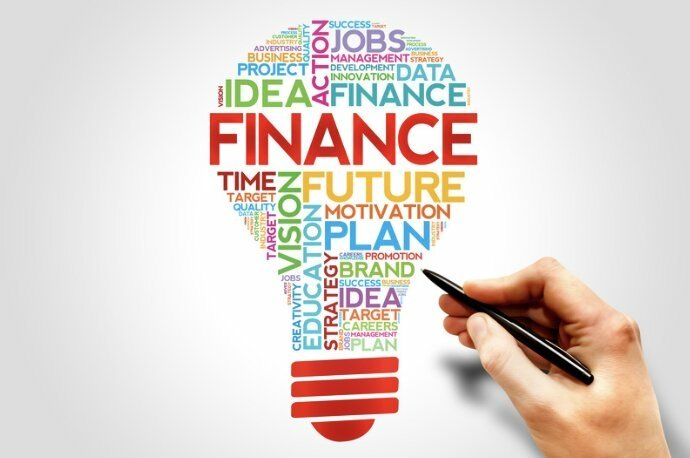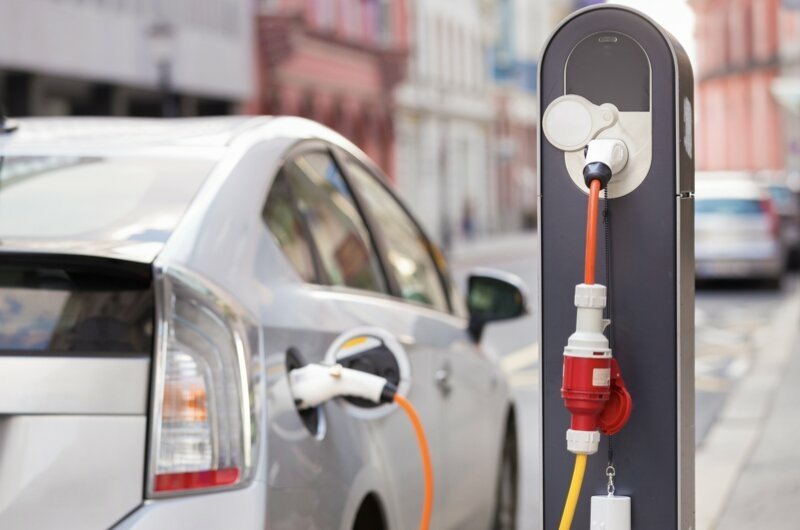Cost of Living – Should you still buy a car?

Inflation and the cost of living has shot up to 10.1% in the 12 months to September, with prices rising at their fastest rate for 40 years, and signs are, the steep rise maybe unrelenting.
The nation as a whole is facing questions about spending, the state of the economy and whether we can afford to pay for heating or eating, and that’s before getting into the political turmoil that is currently dominating the headlines.
The only certainty is in the confusion that reigns. Nonetheless, we still need to get around and go about our daily routines, and for many of us that means we require a car. So, to the question, should you still buy a car? The answer is actually, yes, but do it soon!
Car Financing
The average interest rate for car loans in 2022 was 4.07% and it is 8.62% for used cars. While car financing can be somewhat insulated, the increasing base rate of borrowing will have an knock-on effect for interest rates on finance agreements for cars.
Your credit score actually plays a big role in what you actually pay in interest. Depending on where your score sits in a range between 300 and 850, your interest rate could be close to 13% for a new car and even over 20% for a used car if it is below 600.
The good news is that car finance agreements are almost always fixed for the life of the loan. If you already have a financing on your car, don’t worry, you will not be affected by increasing interest rates.
Additionally, if you have already ordered a brand-new car and signed a finance contract (not unusual at present because of the current long-lead times in new car deliveries), the rate will remain unchanged.
It is possible that a finance company may choose to cancel an agreement and present a new one at a higher rate, however few dealers will do this, because they would risk losing that sale and customer, and for the sake of a few extra pounds per month, it wouldn’t be worth it.
Do not agree to that, take your business elsewhere. And do not enter into any re-financing agreement with a bank or lender, because that will also be established at a new higher rate. Also be sure to double check with sales staff and finance advisers that advertised rates are still available before proceeding with a financed purchase.
As mentioned, the increase in interest rates ultimately translate to a few extra pounds per month on your finance contract. It is widely expected that interest rates will rise further next year to curtail rocketing inflation, so current best advice is to go ahead with a finance contract sooner, rather than later.
New cars
New car sales overall continue to edge upwards with a second successive month of growth in September according to the Society of Motor Manufacturers and Traders (SMMT). But despite an increase of 4.6% with 225,269 cars sold, that’s still 34.4% less than pre-pandemic levels.
“The overall market remains weak, however, as supply chain issues continue to constrain model availability. Whilst the industry is working hard to address these issues, the long-term recovery of the market also depends on robust consumer confidence and economic stability,” said Mike Hawes of the SMMT.
The supply chain issues he refers to is the global semi-conductor shortage which has been further exacerbated by steel and aluminium supply blockades and disruptions from Ukraine and Russia. Overall new car prices have increased by up to 25% over the last three years.
While the auto industry expects production levels to return back to normal levels by the middle of next year, it’s unlikely that that prices will come down. The pound sterling exchange rate being under pressure also results in higher new car prices since both components and raw materials, as well a new car importation, will become more expensive.
Used cars
The short supply and higher prices of new cars, of course have resulted in a greater demand for used cars. Demand and prices rose to record levels, with AutoTrader’s Retail Price Index indicating that the average price of a used car was £17,173 in July, which is 19.5% up on the same time last year. Used car prices are up by an average of over £4000 compared to pre-pandemic levels.
However, there are signs that this is easing. According to the HeyCar Used Car Price Index, the price of a three-year old car was down just over 10% in September compared to August – the largest drop seen this year. The report suggests prices of three-year old cars are down on average, although cars older than five years, see a slight rise.
This is understandable as buyers under stress from the rising cost of living, choose to opt for older and therefore cheaper cars.
Electrified cars
Electric Car Sales continue to be on a charge (so to speak) with sales up 16.5% each for both full electric and hybrid cars last month (that’s over 38,000 and 29,000 cars respectively). Although plug-in hybrid sales were down 11.5% to 12,281 cars.
However, it is worth considering petrol plug-in hybrids as your next car, because of their lower cost of running. If you’re able to charge a car at home and usually only do short journeys, these can cost very little as most have an electric-only range of up to 40 miles. And yet you can still use petrol for longer journeys.
Keep in mind that the petrol prices have come down slightly in recent days, while public electric charging costs have risen (up 42% according to the RAC), bring them within only a couple of pence per mile compared to running a car on petrol (18p per mile for electric compared to 19 pence mile for petrol on average).
It also follows that the real benefits in financial savings from running an electric car are only substantial if you can charge at home. Even then, check with your electricity supplier to see if low-rate tariffs are still available.
Electric cars remain more expensive to buy, but prices are starting to come down. For example the new MG4 EV family SUV starts at just £26,000.
Buy Now, Buy Smart
At MotorEasy we strive to make car owner as painless and efficient as possible, so be sure to check out finance and insurance products, as well our service, maintenance and protection plans to help reduce your cost of ownership and running of a car.
There are two key takeaways from the above findings: if you’re planning to change or buy a car, new or used, do it sooner rather than later, as the longer you leave it, the higher the cost of purchase and financing will become.
Secondly, buy smarter. Think carefully about how and where you’re going to use your car the most. Diesel fuel is expensive to buy, but if you do extremely high mileages, they may still be the right choice. Petrol prices are starting to stabilise, while electric charging costs have jumped dramatically, especially at public charging stations.
Nonetheless, the savings with electric and plug-in hybrid cars can be substantial, especially if you are able to charge at home on low-rate tariffs (look at installing smart home chargers – they start from about £300). Plus of course the obvious benefits to the environment.







